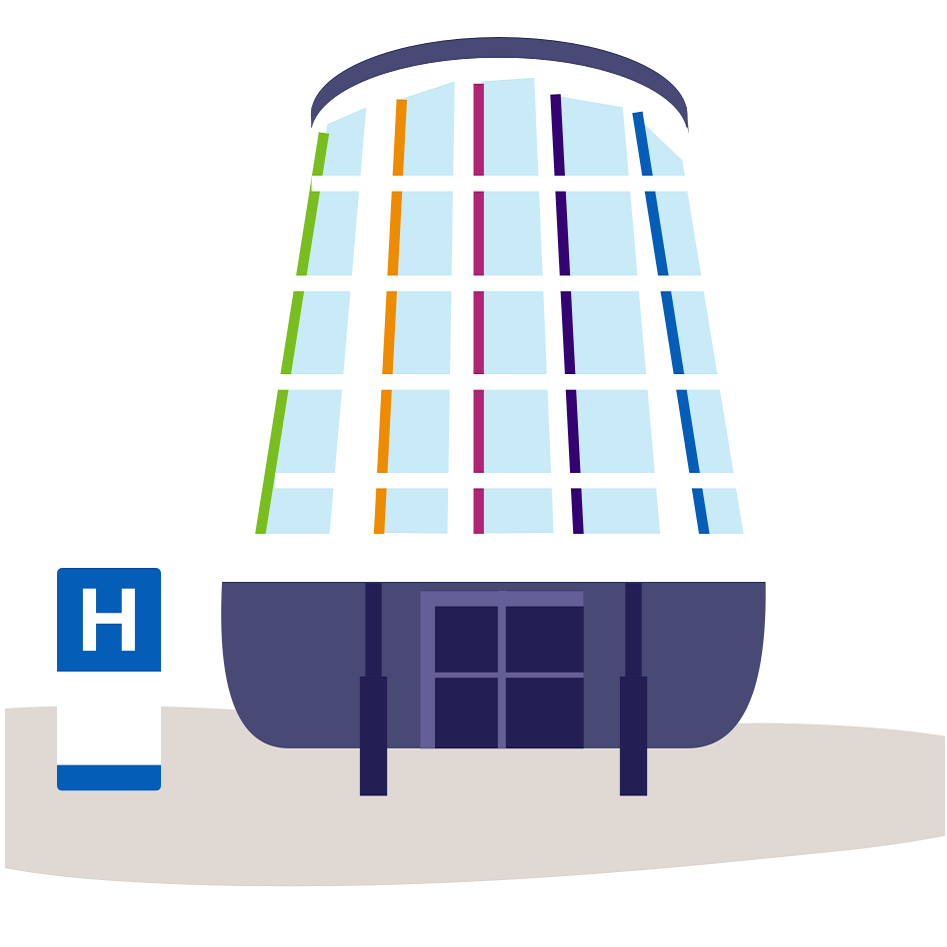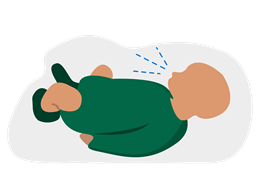Click here for printable versions of this leaflet in:
| English | Arabic عربى | Mandarin普通话 |
| Polish (Polskie) | Romanian (Română) | Urdu اردو |

![]()

This advice is intended for parents/carers taking their child home after consulting a doctor. Your doctor may recommend different treatments depending on your child's condition.
Most children with coughs/colds do no require treatment with antibiotics. Antibiotics rarely speed up recovery and often cause side effects such as rash and diarrhoea. They will also promote the development of antibiotic resistant bacteria in your child.

It is not always easy to avoid catching these infections. However, good hygiene practices can prevent infections spreading
 |
|
|---|---|
|
If your child has any of the following:
|
You need urgent help. Go to the nearest Hospital Emergency Department or phone 999 |
 |
|
|---|---|
|
If your child has any of the following:
|
You need to contact a doctor or nurse today. Please ring your GP surgery or call NHS 111 - dial 111 |
 |
|
|---|---|
|
If none of the above features are present Continue providing your child’s care at home. |
Self care Continue providing your child’s care at home. If you are still concerned about your child, call NHS 111 – dial 111 |
Content adapted with permission from the what0-18.nhs.uk resource produced by the Healthier Together initiative

We are one of the leading paediatric care centres in the UK, and the largest in Scotland. We provide family centred care to newborns, infants, children and young people both in hospital and in the community.
https://www.glasgowchildrenshospitalcharity.org/